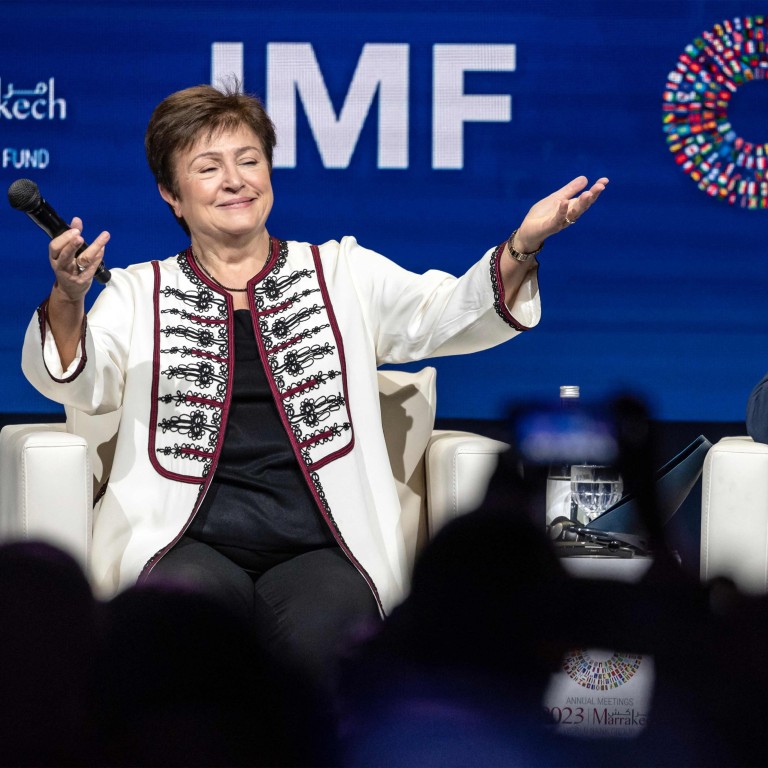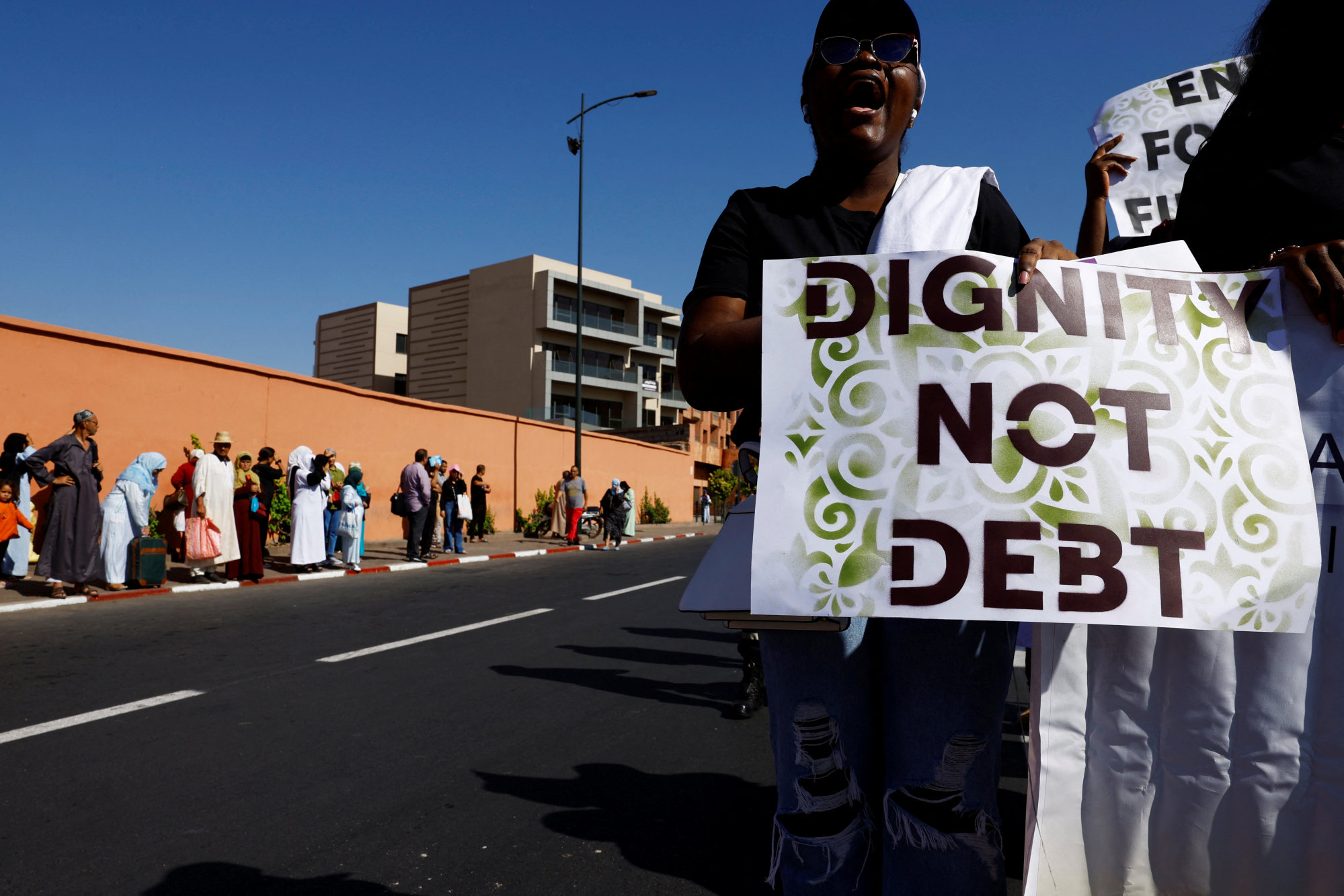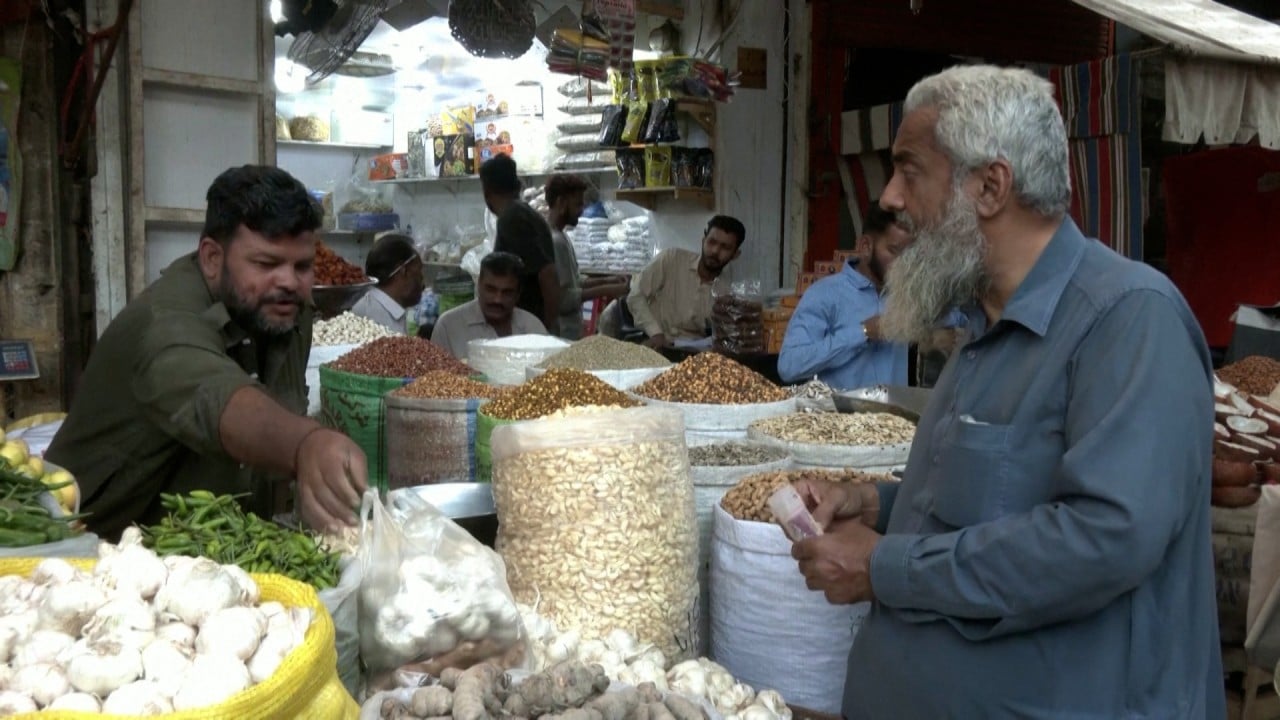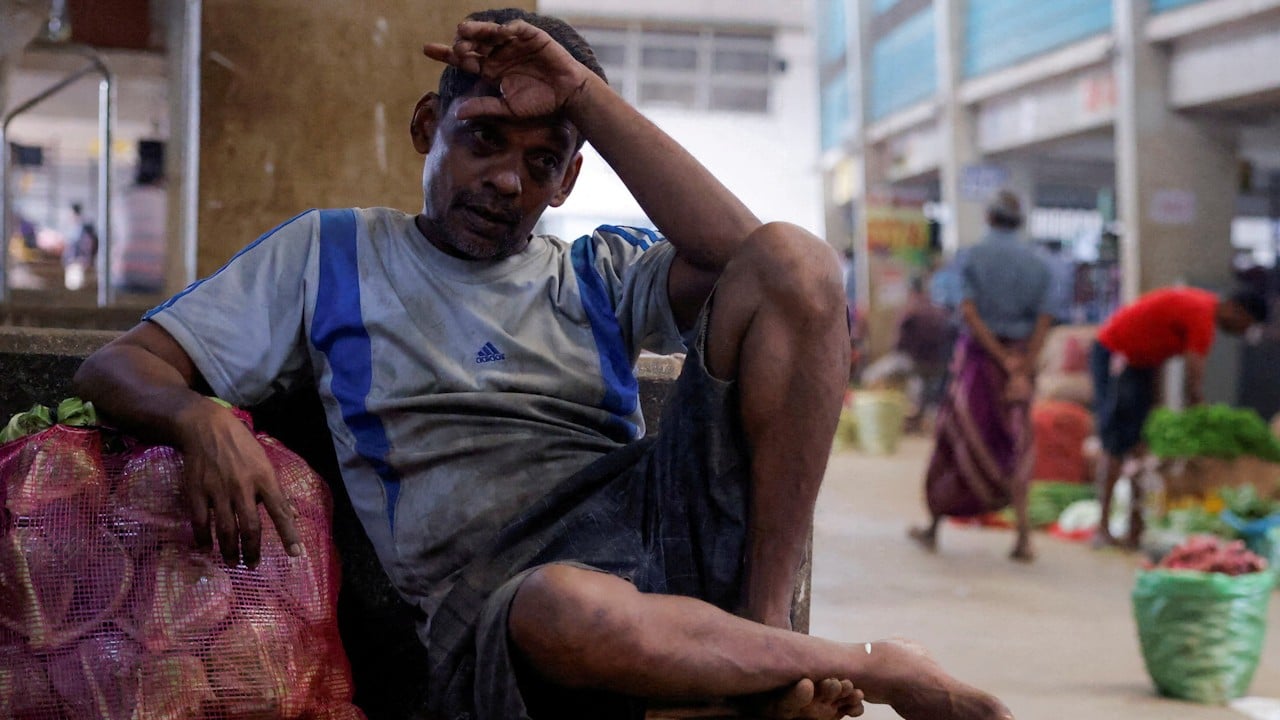
How the IMF and World Bank can survive a world war on free markets
- China’s rise and US protectionism have raised questions about the Western economic model, which has helped cause turbulence in emerging economies
- IMF-World Bank meetings must encompass more global powers and not assume the superiority of current economic models – but seek more universal ones
The IMF and World Bank were launched during the second world war at the 1944 Bretton Woods conference – now, they are back in a “world war”, only this time, it is a struggle for global influence chiefly between the US and China.
The two have able defenders, as evidenced by recent reports from the Atlantic Council in Washington and the London-based think tank ODI, which spoke of the role both institutions can play in a changing world. But it is in capitals elsewhere that their future will be decided.
The IMF and World Bank find themselves no longer in a Western-dominated world where ideals of free trade and investment prevail, but instead, in one of growing regional rivalry among rising and increasingly competitive powers.

The core mission of the IMF in promoting the free flow of capital around the world, regardless of the state of recipient countries’ economic development, has helped create financial and economic turbulence in emerging economies. This was glaringly apparent in the 1997 Asian financial crisis and it was not until several years later that the IMF acknowledged the legitimacy of phased, rather than a sudden, capital market liberalisation.
And the World Bank’s highly active promotion of equity market development in Asian and other emerging economies since the 1980s has arguably been at the expense of wider regional bond and debt market development.
Not just China, the world is at risk of hidden debt and financial shocks
None of this is to deny the IMF’s value as a lender of last resort – to emerging and developing economies, and sometimes advanced ones too. The US has sometimes challenged this role, however; for example, according to US Treasury sources at the time, it vetoed a 2009 proposal to create a global pool of currency reserves administered by the IMF – which would have made the IMF in effect a global central bank.
Against this extremely complex background of shifting economic, financial and geopolitical factors, national inquiries into the desirable future roles of the IMF and World Bank would appear to be of limited value, to put it mildly.
Such considerations have not deterred US President Joe Biden’s push for a capital increase at the IMF to boost its ability to lend. This is done through an increase in the lending quota provided by IMF members. As the IMF is dominated by the G7 powers, this is a means of further co-opting allies into US-led policies that have not always served the world well.
Yet, as the Atlantic Council report acknowledges, the IMF is faced with the task of reconciling its free market model with concerns of important members over economic security and social protection. The IMF must either persuade them to adopt its traditional model, or incorporate these concerns into its model, thereby changing the orientation of its policy advice.
This, the report argues, would mean accepting a loss of economic efficiency implied by deviating from IMF prescriptions. But some would challenge the idea of a Western nation-led monopoly of wisdom in this regard.
IMF drumbeat warns of economic darkness, but who’s listening?
Annual meetings of the IMF and World Bank need to cede place to much more all-encompassing gatherings of global economic powers that do not assume the superiority of current economic models but seek more universal ones.
Absent such radical departures, the IMF and World Bank could go the same way as the WTO and see their function taken over by regional economic arrangements. Unfortunately, the latter seems the more likely outcome.
Anthony Rowley is a veteran journalist specialising in Asian economic and financial affairs



